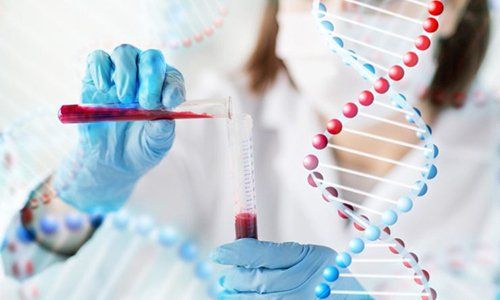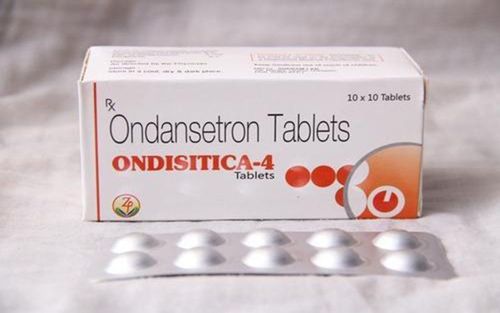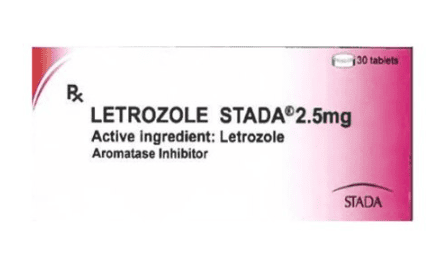This is an automatically translated article.
How cancer forms has been a mystery for a long time. In the light of modern medicine and science, the mystery has been gradually revealed. The following article will help to better understand the process of cancer development.1. How does cancer form?
Cancer is a disease related to genes, because cancer forms when there is an abnormal change in a gene, causing the mechanism that controls cell activities (especially the control of cell growth and division). ) is disordered.
Oncogene changes can be inherited from parents to children, or they can be new during an individual's life, resulting from errors in cell division or from DNA damage caused by certain environmental exposures. Cancer-causing exposures are many, including physical factors (such as chemicals in cigarette smoke), and radioactive elements (such as ultraviolet rays from the sun).
Each person's cancer arises from a combination of changes in genes. As the cancer progresses, further changes will occur. Even within a tumor, different cells have different genetic changes.
Normally, cancer cells have more genetic changes (eg, DNA mutations) than normal cells. These changes may not have any effect on the cancer, they may be the result of the cancer itself.
2. Aspects of cancer formation

Ung thư đôi khi được phân loại dựa trên những sự biến đổi về gen
Changes in cancer genes typically affect three main types of genes: proto-oncogenes, tumor suppressor genes, and DNA repair genes.
Pre-oncogenes are involved in normal cell growth and division. However, if this gene is somehow mutated or overactive, it can become an oncogene, causing cells to survive and grow when they should. eliminated. Tumor suppressor genes are also involved in the control of cell growth and division. Cells with certain mutations in tumor suppressor genes can go into a state of uncontrolled division. DNA repair genes are responsible for repairing damaged DNA. Cells with a mutation in this gene tend to develop more mutations in other genes, eventually becoming cancerous as a result of mutations that have already occurred. The development of molecular biology today has greatly helped scientists discover the cause of cancer, which is mutations. Certain mutations occur in many types of cancer, so cancers are sometimes classified based on the genetic changes that cause them, not just based on where the cancer started. or based on the type of cancer cell .
Please dial HOTLINE for more information or register for an appointment HERE. Download MyVinmec app to make appointments faster and to manage your bookings easily.
Article referenced source: cancer.gov












